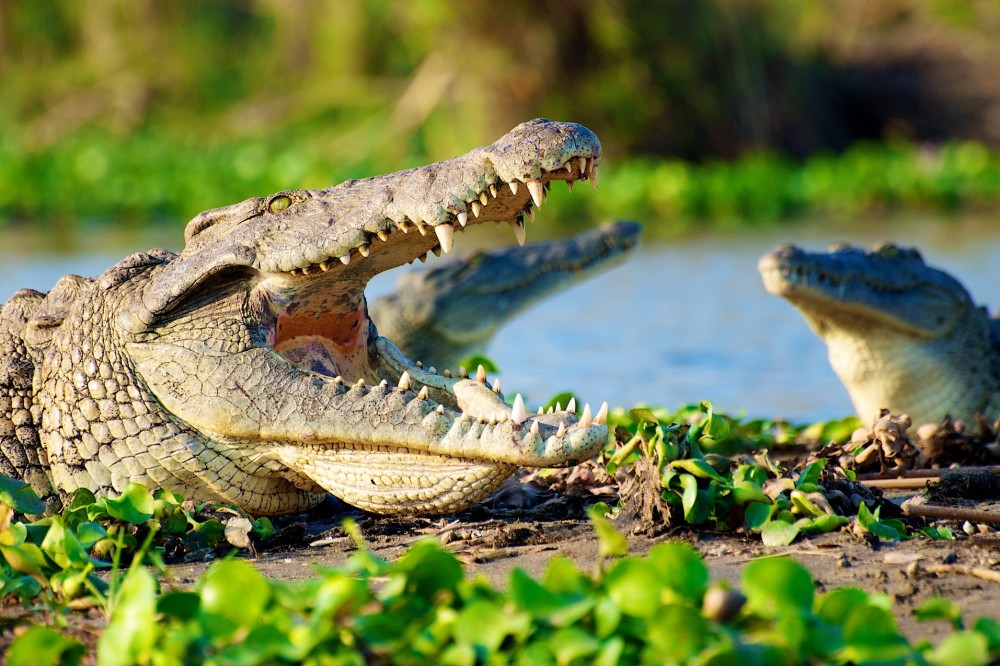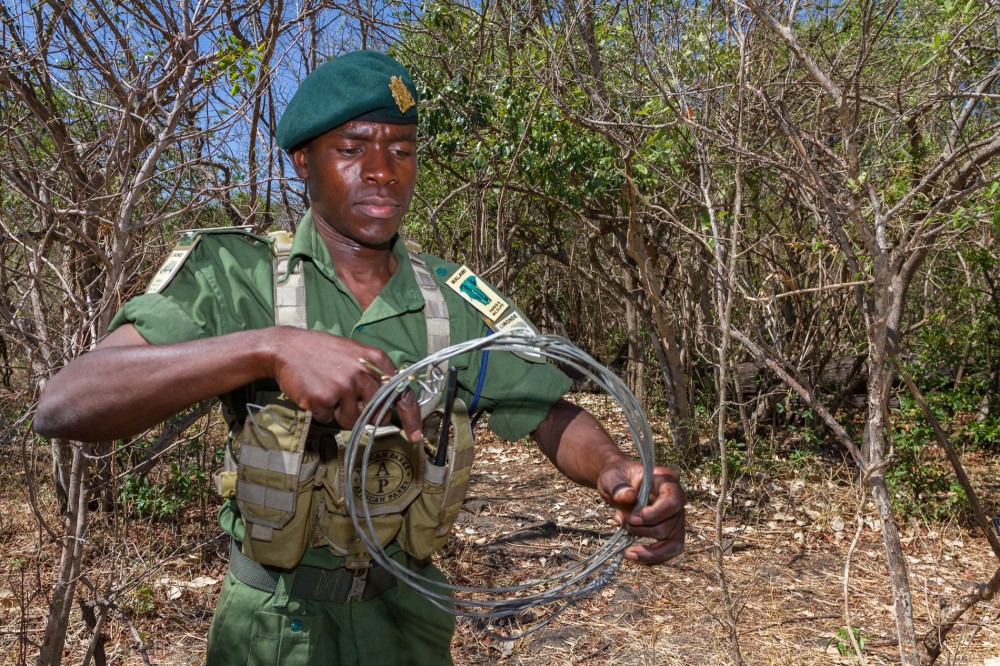Liwonde comprises a small yet vibrant landscape that, despite having suffered high levels of poaching in the past, has become highly productive, sustaining one of the largest elephant populations in the country, and thriving populations of antelope, predators and birds. The restoration of key species has re-established Liwonde as one of the country’s iconic wilderness areas, today boasting populations of numerous species including over 1,400 buffalo, nearly 2,000 hippo, almost 450 elephant, and over 7,000 other animals.

Species Restorations
African Parks reintroduced predator species, an essential part of a healthy ecosystem, to Liwonde:
- In 2017, cheetahs were reintroduced to the Liwonde after a 20-year absence.
- In 2018, a founder population of 10 lions from South Africa and Majete Wildlife Reserve was introduced, decades after a breeding population was last present.
- In 2021 eight African wild dogs were introduced from South Africa to Liwonde. In 2022, tragedy struck when the entire pack was lost to poisoning. To prevent such losses, comprehensive poisoning awareness training is provided for rangers and anti-poison awareness workshops in communities surrounding the parks.
- In 2019 in one of the largest international black rhino translocations to date, 17 black rhino were moved from South Africa to Liwonde to boost Malawi’s black rhino population and to aid regional efforts in conserving the critically endangered species.
Liwonde has become a reliable source of growing wildlife populations, so that it now provides a variety of species, including elephant, to other parks in Malawi. In 2016, the park was at the epicentre of one of the largest elephant translocations in history, when 261 elephants were relocated from Liwonde to Nkhotakota Wildlife Reserve to reduce pressure on Liwonde’s habitats and mitigate human-wildlife conflict around the park. A second relocation took place in 2022, where 263 elephant and 431 additional wildlife including impala, buffalo, warthog, sable and waterbuck were moved from Liwonde to Kasungu National Park.
This is an example of how improving protection in Liwonde has had a far-reaching effect, contributing to the rehabilitation of other protected areas.
In 2015, vultures were entirely absent from the park. After the carnivore reintroductions, and the return of carcasses to the system, seven different species – four of which are critically endangered – began to be seen. In 2018, the first Rüppell’s vulture was sighted in the park, an endangered species with few strongholds in southern Africa.

Conservation Law Enforcement
Liwonde’s rangers continue to make significant gains. Since 2015, poaching levels have decreased, and fewer snares are being discovered each year.
The Liwonde Training Centre has become a critical hub for the region where rangers for all four parks under African Parks management in Malawi are trained. To date, in partnership with DNPW, the Centre has produced 150 highly trained rangers who have been deployed across the parks.
Human-wildlife conflict with elephant, hippo and crocodile is one of most pressing threats for Liwonde and the thousands of people who live on the periphery. Constructing and maintaining the park’s electric perimeter fence to reduce conflict and secure the park for the safety of both people and wildlife has been an ongoing priority; in 2022, the entire Liwonde/Mangochi boundary fence was completed. The fence has drastically reduced conflict and has helped save lives as a result.
Ongoing innovative measures include technological systems such as SmartParks and EarthRanger, which enable live tracking of wildlife and real time visualisations, improving the overall security of the landscape.
